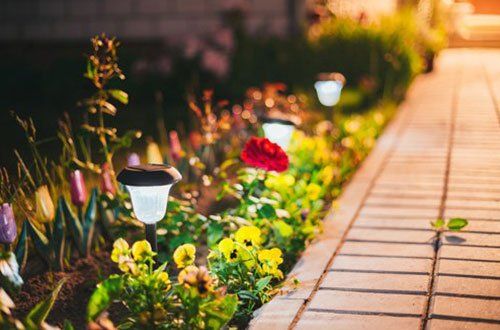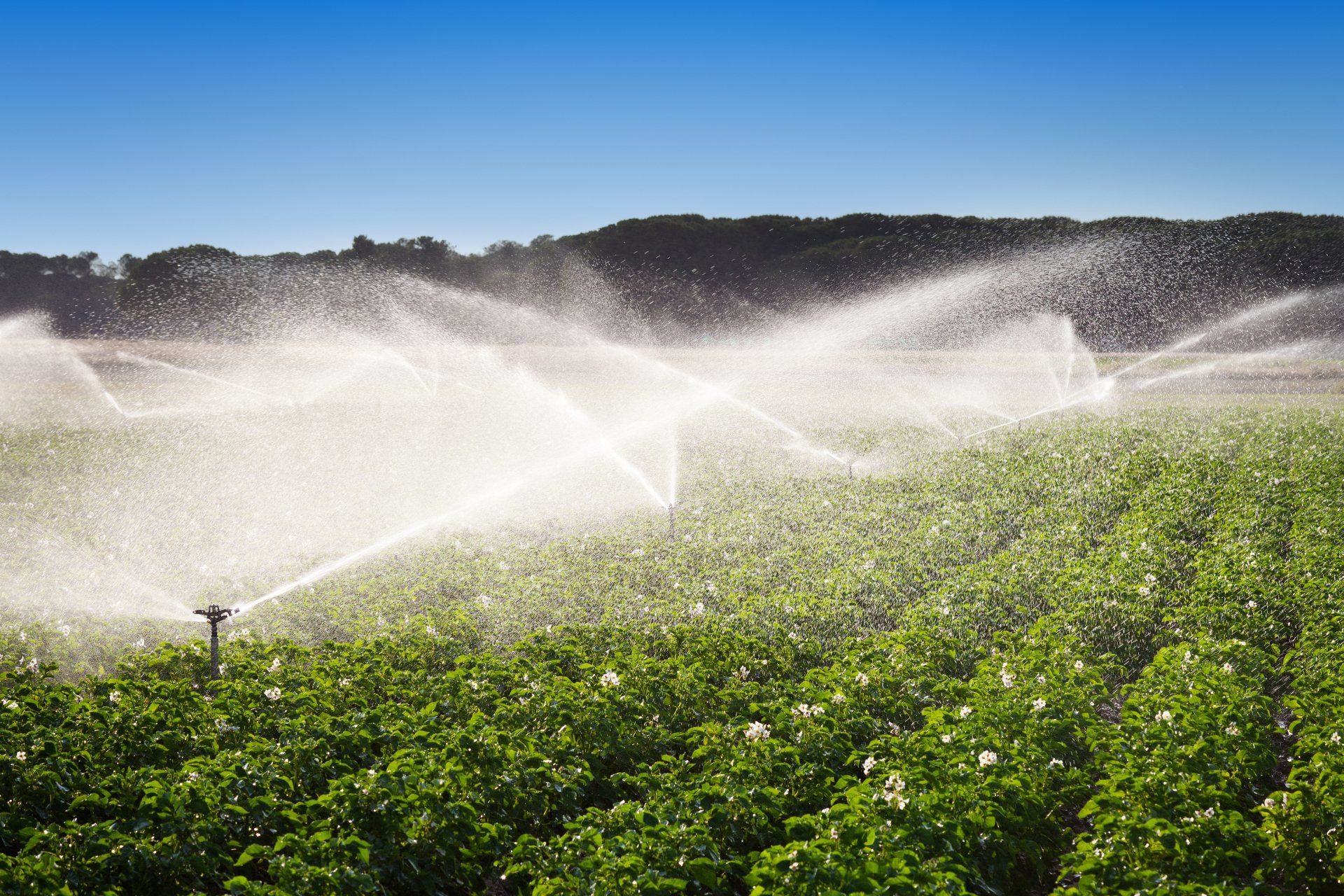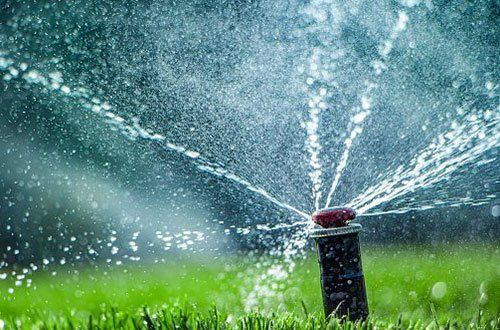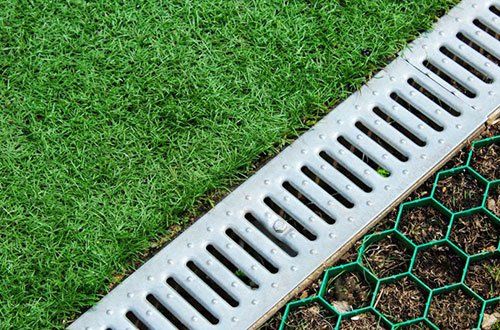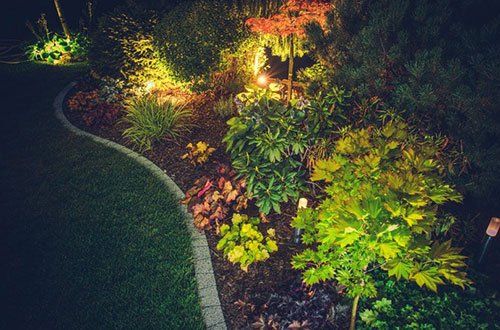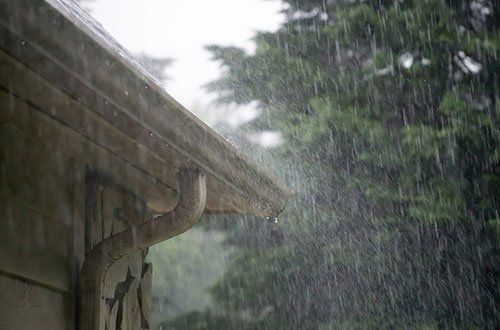Residential and Commercial • New Installations, Service and Maintenance | Serving the Southeast Since 1984
Call: 864-346-9714
A light fixture meant for use outside in your yard sometimes comes with a pre-installed bulb or with a requirement that you use a specific type of bulb. Other landscape-lighting fixtures only require a certain physical size of bulb, meaning you get to choose what you put in that fixture as long as the bulb fits.
This freedom gives you an opportunity to choose bulbs that will help make your landscape lighting as efficient as possible. However, you need to do more than grab the cheapest bulb off the shelf. The bulb type, brightness, and type of activation all affect the efficiency of the lighting.
Bulb Type
Your first decision will likely be the bulb type. Both compact fluorescent lights (CFLs) and LEDs are very cost-efficient and last a long time. Energy-saving incandescents are also an option, yet these have a very short lifespan (up to 3,000 hours) compared to CFLs (10,000 hours) and LEDs (25,000 hours). You'd end up having to buy more of the energy-saving incandescents and spending more money in the long run.
Given the longer potential lifespan and the fact that the cost of LEDs has dropped significantly over the past few years, an LED bulb would end up being the most cost- and energy-efficient when considering only bulb type.
Lumen Value
If you remember buying traditional incandescent bulbs, you'll remember buying based on the wattage of the bulb. For incandescents, that made sense because the higher wattage equaled a brighter bulb.
However, LED bulbs, along with energy-saving incandescents and compact fluorescents, now follow a more efficient measurement system for brightness. They use lumens to describe the brightness, separate from the wattage.
Lumens are actually easier to use. Consumers have no real way to compare brightness between the different bulb types available when using only wattage. You can guess that a 13-watt CFL is brighter than a 5-watt CFL, but you may not know how bright that 13-watt CFL is compared to a 13-watt LED. However, the number of lumens can tell you how bright each bulb appears to be.
So now that you know what measurement system to use, you have to figure out how much brightness you need. That varies by purpose. For example, a motion-sensing light meant to expose lurkers will likely need to be brighter than a small path light used to avoid tripping or crashing into landscaping in the backyard.
Don't use a bulb with a lumen value that is brighter than you need. Excess light is simply wasted. If you need low light for that path through the backyard but your housemate needs brighter light, using the brighter light is more appropriate - but even then, look for the dimmest light that will work for everyone using the property.
Activation Type
Any exterior light on your property should have an off switch or use motion sensing. You have little reason to keep outdoor lights on at night when no one is using them because that wastes money, cuts down the bulbs' lifespans, and contributes to light pollution.
You could just remember to switch off the lights manually. However, chances are there will be times when you forget. Motion sensing is automatic and allows you to use different bulbs; for example, if you prefer the look of the light from shorter-lived energy-saving incandescents, motion sensing will help extend the lifespans of those bulbs a little more.
If, for whatever reason, you do not want to use motion sensing and instead need the fixtures to be on a lot, get LED bulbs. You'll need the longer lifespan to counter the high usage. If you use an energy-saving incandescent or a CFL in those light fixtures, the bulbs will reach the ends of their lives much faster, and you'll end up buying more and more bulbs.
If you'd like help choosing landscape lighting or developing a plan for where to put the fixtures, contact Smith Irrigation & Landscaping. A blend of fixtures may be best given how you use the land around your house at night, and a company that does professional landscape-light planning can show you options that you didn't realize were a possibility.
Browse Our Website
Contact Information
Phone: 864-346-9714
Email: mistysmith724@gmail.com
Address: Greenville, South Carolina
Licensed, Bonded, or Insured
Free Estimates
Military and Law Enforcement Discounts, Co-Op and Senior Citizen Discount
Business Hours
- Monday
- -
- Tuesday
- -
- Wednesday
- -
- Thursday
- -
- Friday
- -
- Saturday
- -
- Sunday
- Closed
